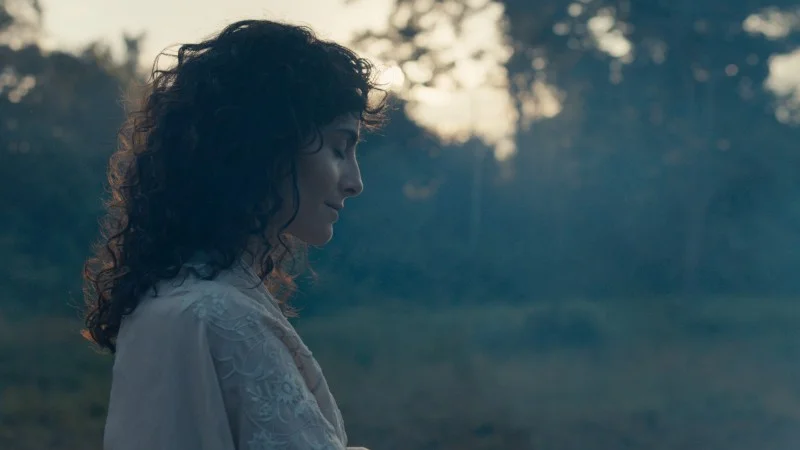SXSW 2017: Inheritance
Seeking to mend a broken relationship is a hard enough task. Mending that relationship post-mortem, with the expected grace of grieving and in the eyes of the community that viewed that person with reverence, is near impossible.
Inheritance is a bold stroke of storytelling, in which Mara (the multi-hyphenate star, co-Director and co-writer Jessica Kaye) returns home to Belize just before her father’s 70th birthday. What is expected to be the first steps to reconciliation become an intense test of her relationship with her new lover, the recovering alcoholic Aaron (Daniel Ahearn). Forced to contact her estranged brother, Ben (Mark Webber) and communicate her father’s unexpected passing, Mara is greeted to a reunion with her brother whose arrival is antagonistic and invasive on the privacy of the new lovers. Aaron is suspicious of Ben’s behavior, and uneasy at Mara’s sudden series of lies and overindulgence in booze and pills. When the truths do come out, they are more than Aaron can handle, and the trauma of their childhood lead to a confrontation between Ben and Mara that blurs the line between their father’s past and their uneasy futures.
Inheritance is bold storytelling, with co-creators Jessica Kaye and Laura Davis unafraid to portray the complications of victims of trauma. They don’t tell a tidy story of conflict and resolution with a glimmer of hope; like life itself, the moment of Mara’s life has passed, and she’ll have to continue living. Kaye is unafraid, on screen and behind the camera, to imbue a character with authentic and imperfect reactions to the situation she’s been thrust into. Ahearn’s Aaron balances between a strict moral compass and a swept up observer, while Webber’s Ben vacillates back and forth between a scene disrupting heavy and a passive vessel, overwhelmed by the emotions he is feeling.
It’s hard to be anything but effusive of the work of Kaye and Davis here - similar stories of a woman in a moment in crisis would steer into melodramatic or treat the Aaron character as a savior. Kaye and Davis speak to a truth of trauma victims and the imperfections of recovery - lived in, breathed in, actualized. There is a trust between performers and the creators of this piece of art; the material could edge towards melodramatic, but the escalating tension is kept palatable by confident, steady hands.




